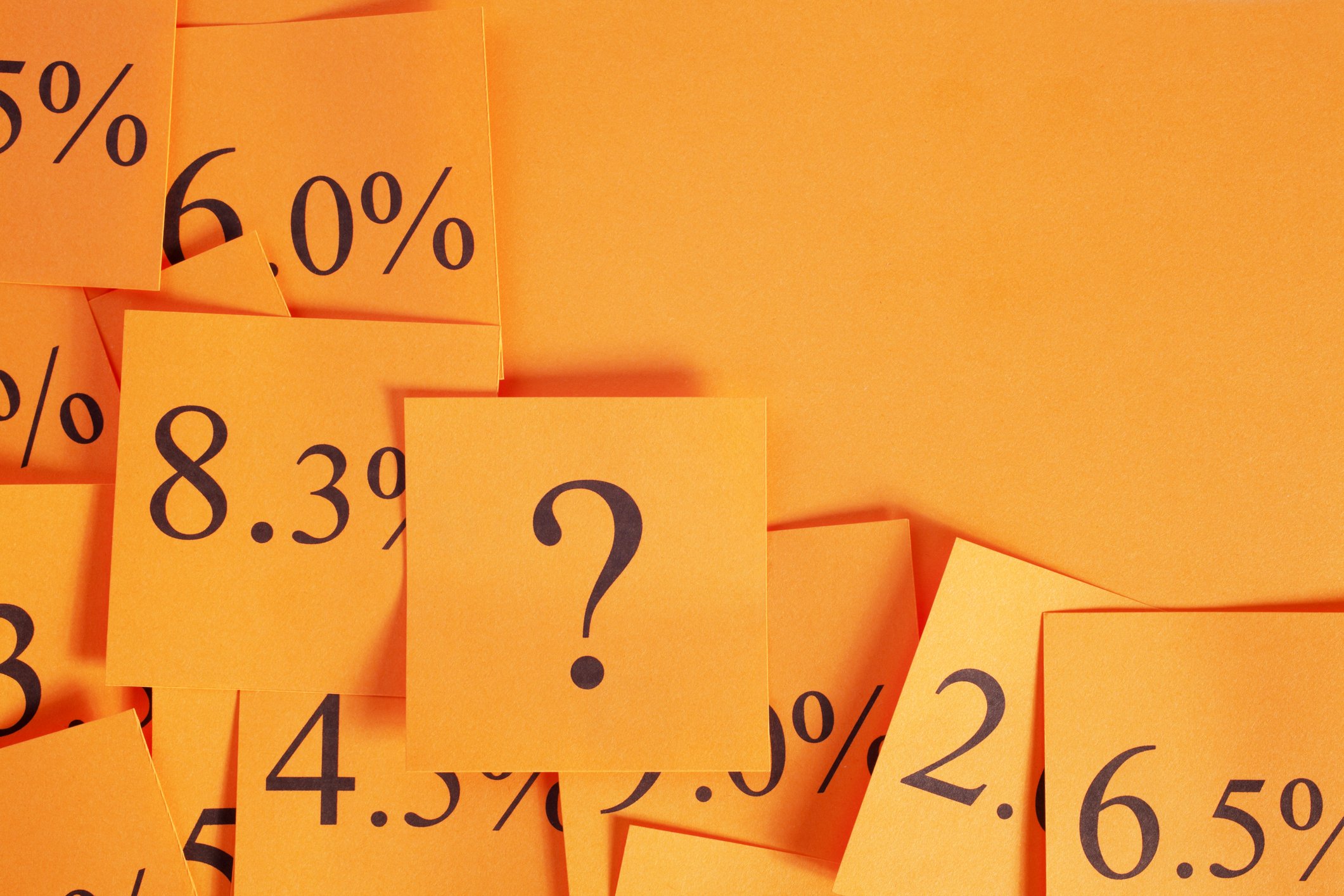Credit Card Mistakes: What Happens When You Max It Out
Introduction
Ever hit “confirm” on a purchase only to find your credit card declined? You might’ve just maxed it out — and what follows can seriously affect your wallet, credit score, and peace of mind.
In this guide, we’ll break down what really happens when you max out your credit card, why it’s more than just an inconvenience, and how to bounce back if it happens to you.
What Does "Maxing Out" a Credit Card Actually Mean?
Maxing out your credit card means you've reached your credit limit — the maximum amount your lender agreed to let you borrow on that card.
Example:
If your credit card has a £2,000 limit and you’ve spent the full £2,000, you’ve officially maxed it out.
Even if you’re just a few pounds below the limit, you’re at risk of pushing it over with interest or fees — which brings its own set of problems.
“Using a credit card isn’t free money. Maxing it out not only creates debt—it damages your financial future. Learning this early helps teens build credit the smart way.”
The Immediate Consequences
1. Declined Transactions
Once your card is maxed out, further purchases may be automatically declined — especially if your lender doesn’t allow over-limit spending.
2. Over-Limit Fees
Some cards charge over-limit fees if you exceed your limit (although this is less common in the UK since stricter regulations). Still, it’s best not to count on leniency.
3. Increased Interest
If you’re not paying your full balance every month, you’ll be hit with high interest on the remaining amount — especially damaging when your balance is at its peak.
4. Loss of Grace Period
Many cards let you avoid interest if you pay in full by the due date. Maxing out and carrying a balance means you may lose this grace period.
5. Account Restrictions
Some lenders may freeze your account, lower your credit limit, or refuse additional spending if they spot maxed-out activity.
How It Affects Your Credit Score
The Credit Utilisation Trap
Your credit utilisation ratio — how much of your credit you’re using — is a key factor in your credit score. Most experts recommend staying under 30% of your limit.
So if you’ve maxed out your card (i.e., 100% utilisation), expect a hit to your score.
Example: If your total credit across all cards is £5,000 and you’ve used £4,900, your utilisation is 98% — and that raises red flags for lenders.
Payment History Matters More
If you miss a payment while maxed out, it’s even worse. Your payment history makes up about 35% of your credit score. One missed payment can lower your score significantly — and stays on your report for up to six years.
How Lenders Might Respond
When you max out a card, lenders see it as a sign of financial distress. They may:
Lower your credit limit to reduce risk
Decline new credit applications
Raise your interest rate (on variable APR cards)
Flag your account for review or restrict spending
Offer unsolicited financial counselling or repayment plans
Even if you’ve never missed a payment, maxed-out cards make lenders nervous.
What to Do If You Max Out Your Credit Card
If you’ve already maxed out your card, don’t panic — but do act quickly.
Step 1: Stop Using the Card
Freeze the card if necessary. Avoid adding more debt.
Step 2: Make a Payment – More Than the Minimum
The minimum payment barely reduces your balance. Aim to pay as much as possible — ideally over 10% of the balance to show progress.
Step 3: Set Up Alerts or Autopay
Enable spending alerts and payment reminders. These small tools can help prevent future mistakes.
Step 4: Contact Your Card Provider
Ask for help — you might qualify for:
A temporary interest freeze
A structured repayment plan
Financial hardship assistance
Step 5: Consider a Balance Transfer (Cautiously)
If you qualify, you could move your balance to a 0% interest card. But only do this if you won’t max that one out too.
Smart Habits to Avoid Maxing Out Again
Stick to 30% (or less) of your limit
This keeps your credit score healthy and avoids stress.Use mobile banking to monitor your spending
Check your balance before you buy.Set spending and balance alerts
Most apps allow limit warnings when you’re close to the edge.Schedule weekly reviews
A quick Sunday check-in can prevent accidental overspending.Understand your triggers
If emotional spending or emergencies are common, plan ahead with savings or a spending journal.
Final Thought: A Warning Sign — Not the End
Maxing out a credit card doesn’t make you a financial failure — it’s a wake-up call, not a full stop.
Whether it was due to an emergency, poor planning, or simply not realising how close you were to the limit, the key is what you do next.
Take control, make a plan, and view this as a chance to build better habits. Your future credit (and peace of mind) will thank you for it.
FAQ’s
-
Stop using the card immediately, pay more than the minimum, and contact your provider to discuss your options.
-
Not usually — but repeated max-outs or missed payments could result in your lender closing the account.
-
Some cards allow it, but you may be charged a fee or penalty. Many UK cards reject transactions once you hit the limit.
-
It depends on how quickly you reduce your balance and maintain on-time payments — recovery can take a few months to a year or more.
-
Yes, especially for your credit score. Using your full limit signals risk to lenders and lowers your credit rating.









